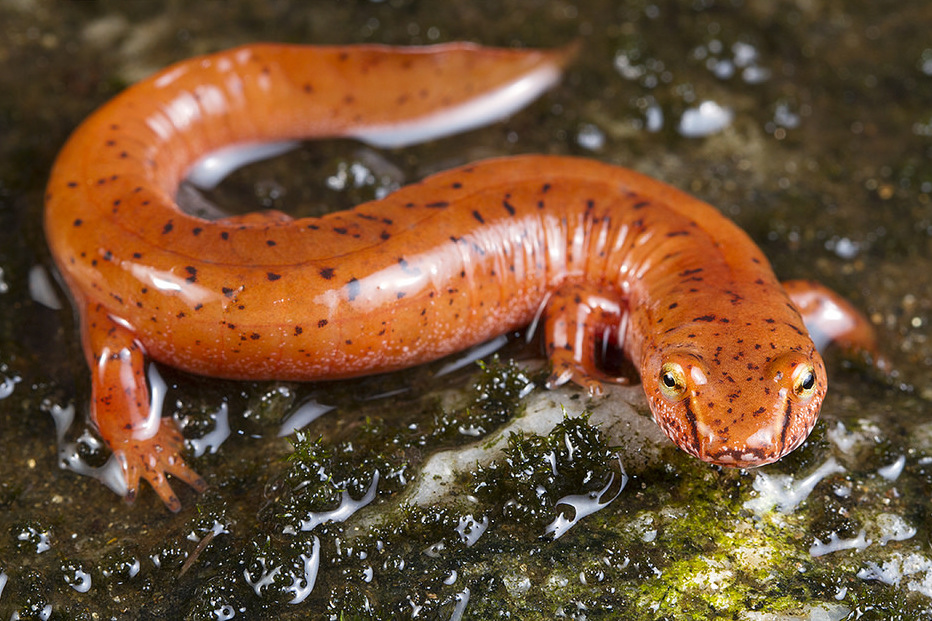
TORONTO _ Ontario intends to allow municipalities and developers to pay a fee in lieu of taking certain actions to protect species at risk.
The Progressive Conservative government is proposing to create the Species at Risk Conservation Trust to oversee these charges and put the money toward large-scale measures to protect and recover those species.
Environment Minister Rod Phillips said applicants could pay a regulatory charge instead of completing “some of the more onerous and lengthy requirements of a permit.”
“But let me be clear: applicants would still be required to take the necessary steps to minimize adverse effects,” he said. “This payment is not, by any means, an opportunity for businesses to walk away. It is an opportunity for an increased efficiency and a more strategic focus on how we preserve species and their habitat.”
The government gave the example of the butternut tree, endangered because it is threatened by disease and therefore if developers are simply required to plant more trees for ones they cut down, that may not help the species’ recovery. But a fee could go toward research on that disease.
Green party Leader Mike Schreiner said the former Liberal government put the Endangered Species Act on life support, and this government is pulling the plug.
“This trust fund is a pay-to-kill provision,” he said. “You’re essentially saying to developers, ‘Yeah, go ahead and cut the tree down, go ahead and kill the species, but if you pay into a fund we’ll do a little bit of research.’ Well, you know what, it’s pretty hard to do research when the butternut trees are already cut down.”
Greenpeace Canada said the proposal will allow industry and developers to pay instead of protecting the habitat of at-risk species.
“At a time when the Earth’s wildlife are in crisis, we should be restoring our natural environment, not allowing big business to cut a cheque and send in the bulldozers,” the group’s head of forest campaign Shane Moffatt said in a statement.
Other changes include allowing the environment minister to suspend for up to three years the species and habitat protections required once a species is listed as endangered or threatened. The government said that when the barn swallow was listed in 2012, automatic protections caused uncertainty and frustration for farmers and rural land owners.
As well, the committee that makes those listing decisions would be required to reconsider its classification as endangered or threatened if the minister decides, based on scientific information, that it’s not appropriate.
That committee would also have to take a species’ status outside Ontario into consideration _ for example, the gray fox is listed as threatened in Ontario but is common and not at risk of extinction in other areas.
A species newly classified as endangered or threatened wouldn’t go on the list for a year _ up from the current three-month timeframe.
Phillips called that timing more realistic.
“This will allow more time to plan and ensure that consultations with stakeholders and the public, Indigenous communities and other communities, take place to develop collaborative solutions that best protect the species and consider the social and economic interests of Ontarians,” he said.
Phillips said there are 243 species at risk in Ontario and none will have protections reduced unless that is the science-based advice the government receives from the committee.
Three major environmental groups _ Ontario Natur, the David Suzuki Foundation and Environmental Defence _ called the proposed changes “regressive and dangerous.”
“The world is in a biodiversity crisis, and the Ontario government has proposed to gut one of the most comprehensive endangered species laws in the world,” they said in a joint statement. “The province is bending to pressure from industry and sprawl developers when they should be working to restore and protect vulnerable habitats.”
The Ontario Federation of Agriculture had previously called for some regulatory burdens lifted, saying habitat protection at all cost, even over food production, is not a sustainable solution.
| Spring Salamander | Gyrinophilus porphyriticus |









What about jail for corporations violating the laws or jail for POS bureaucrats opening their corrupt yaps ?